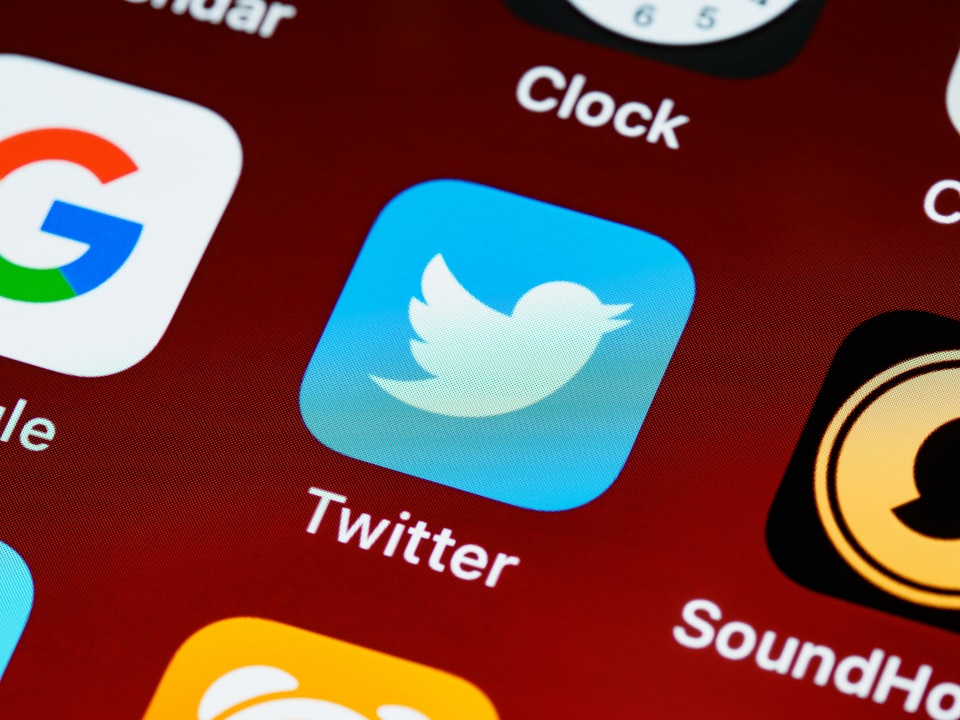Twitter one year on – decline and fool

Elon Musk paid $44 billion to take control of X-Twitter at the end of October 2022.
It's been a ride ever since with story after story about the stupid, evil or inexplicable things that have happened. There are far too many to mention here.
Soon after the takeover there were many posts from disgruntled ex-employees and high profile internet personalities predicting imminent disaster.
Down, but far from out
Some said the site would fall over. It has done. The last year has seen several widespread outages. But there hasn't been the persistent meltdown that was talked about.
Likewise, there were claims user numbers would plummet. As we shall see in a moment, they are down, but it's a steady decline, not a rapid dive.
It appears that the technology and the site's user stickiness both had more momentum than critics expected. That is about the only positive angle to this story.
Last month both Elon Musk and CEO Linda Yaccarino made public statements about Twitter usage, user numbers and everything else reaching an all-time high.
Decline and fool
A look at the figures shows something different. Twitter is declining in almost every way.
It's relatively easy for researchers to get external data traffic data for a site like Twitter.
Similarweb is a business that measures large scale digital traffic. Last week the company published a blog post: One Year Into Musk’s Ownership, X (Twitter) Down By Every Measure.
Highlights include an estimate that global web traffic to twitter.com was down 14 per cent year-over-year in September. It was worse for traffic to the ads.twitter.com portal for advertisers which was down 16.5 per cent.
Traffic was down 20 per cent in the US and 17.5 per cent in Australia.
Vanity press
It's not all bad news for Musk. Traffic to his Twitter profile and posts was up 96 per cent.
Twitter is not the only social media site facing a drop off in interest. Similarweb found traffic to the top 100 social networks and online communities was down 3.7 percent. Yet TikTok was up almost 23 per cent over the same period.
Follow the money
Raw user numbers are one thing, what about the metric that matters the most: revenue?
Every month since Musk took over the year-on-year revenue has dropped. The best month was last October (2022). Twitter's revenue was down 12 per cent that month. In December it posted a 78 per cent year on year revenue drop. The falls appear to be slowing, but the direction has not.
A conga line of startups and pre-existing alternatives hopes to profit as Twitter declines. The list includes: Bluesky, Post, Pebble, Spill, Mastodon and Threads. There are others, but these are the most direct competitors.
Bluesky mining a vein
Of these, Bluesky is the most Twitter-like. A site called https://twexit.nl publishes a running tally of subscriptions to Bluesky. It is the closest thing to a direct Twitter competitor.
On Monday Twexit showed Bluesky had 1,706,954 subscribers. That's tiny compared to Musk's claim of 500 million plus Twitter users, although few people believe his estimate.
You can see the Bluesky numbers jump every time Musk makes a move. In September the service saw a five per cent jump in sign-ups when Musk said he plans to charge all Twitter users.
It's early days for Bluesky, potential new users need a sign-up invitation to join, although these are easy to get. The other obvious Twitter-like services, Post, Pebble and Spill have fewer members. Collectively they may add up to five million. That's not much compared to Twitter's numbers, even after discounting any Musk exaggeration factor.
Threads
Threads is more of a threat. It is Facebook's Twitter alternative. Strictly speaking it is a Meta business, but the link to Facebook is strong with Threads posts now showing up on Facebook feeds.
Earlier this year Threads went from zero to more than 100 million users in less than a week. Accounts vary but most agree it does not yet have the impact you might expect from a social media site with 100 million users.
Mastodon remains interesting. It's not a single site, there is no-one to call if you want to speak to Mastodon. It is made up of many sites or "instances", often run by enthusiasts, bound together in a "federation". Mastodon is an acquired taste, it is popular with certain communities and has a higher geek to non-geek ratio than other social media.
At the time of writing Mastodon's records show it has 8.1 million users. That makes it, for now, the biggest of the smaller alternatives. Like the others, it often gets a boost in user numbers when Musk says something silly.
Member discussion